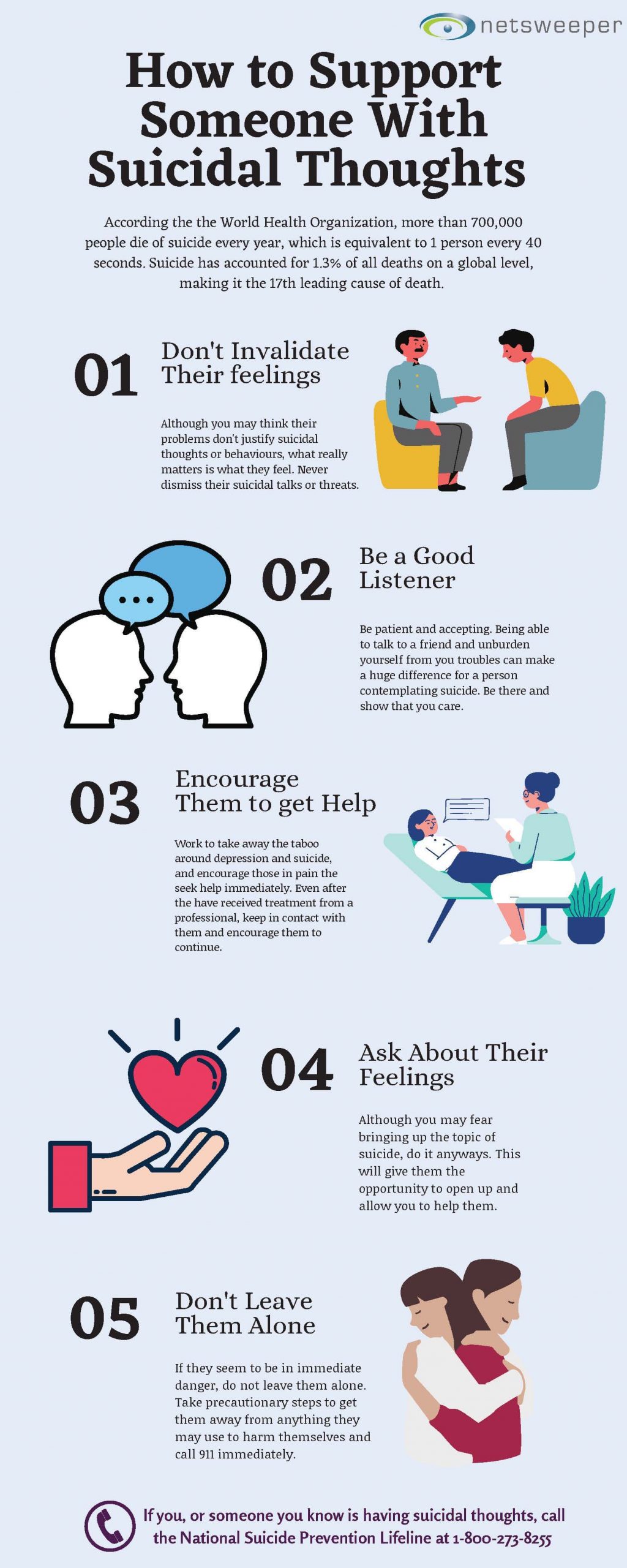More than 700,000 people die by suicide every year globally, making it the fourth leading cause of death among 15-29 year olds.
Although suicide prevention should be a continuous conversation, the month of September is devoted to suicide awareness, and to remind ourselves of the importance of mental health. With lockdowns and quarantines being the new norm, there is no denying that mental health challenges are present and becoming more difficult to overcome. This month, we have the opportunity to share stories, offer support, and connect with others so that we can create a more open and welcoming environment for those who are suffering in silence.
What Causes Suicide?
It can be difficult to imagine what drove someone to consider suicide. Many will ask themselves questions like, did I miss any clues? Were they unhappy with their life? Were they suffering from any mental illnesses? But the reality is there are many factors that can influence a person’s decision to take their own life. Think of suicide as belonging to three distinct groups: Biological factors, which include both mental and physical illnesses. Psychological factors such as coping skills and the feeling of hopelessness. And social determinants of health which are triggers that form from financial problems, work pressure, etc.
- Mental Illness: Around 90% of people who die by suicide have a mental health condition. This can include illnesses such as depression, bipolar disorder, anxiety, schizophrenia, and more.
- Hopelessness, the feeling of not being able to escape a situation. According to a study published by NCBI, approximately 1 in 5 participants attempted suicide while also scoring significantly higher on the Beck Hopelessness Scale.
- Stressful Situations: A study done by the American Journal of Epidemiology shows that financial strain plays a significant role in attempted suicides. Researchers predict that those who suffer financial problems are 20 times more likely to run the risk of attempting suicide than those who don’t encounter this hardship.
No one is immune to suicide. It does not discriminate by age, gender, religion, ethnicity, or economic status. And although it is normal for children and adults to experience moments of despair because of certain circumstances happening in their lives, seeking treatment and support can be lifesaving.
Identifying and Responding to Suicide Risk
One thing we know for certain is that the COVID-19 pandemic has impacted our social, emotional, mental and physical health. Isolation, stress, and the uncertainty of not knowing what is to come has severely affected us in many ways. Here are some of the most common suicide warning signs to look out for in friends and family:
- Sad and moody
- Sudden calmness
- Withdrawing from others
- Changes in personality, appearance or sleep pattern
- Showing dangerous or self-harmful behavior
- Experiencing recent trauma or a life crisis
- Being in a state of despair
- Making preparations
- Talking about wanting to die
In many ways suicide can be prevented. Apart from recognizing warning signs, it’s also important to know how to support someone who is experiencing suicidal thoughts. Check out our infographic below for tips on ways you can be there for a person who may be going through this 👇👇👇

There are two things you need to keep in mind for those who are contemplating suicide: You are not alone, and there are things that can be done to help you feel better. Although the thought of reaching out for mental support may seem scary to many, it is the first step to the road of recovery, and a very courageous one at that. For more resources on ways you can get help, contact any one of the following:
- National Suicide Prevention Lifeline provides phone counselling that is 24/7, free and confidential from a trained professional
- Crisis Text Line provides free, 24/7, confidential support over text messaging
- The Military Crisis Line provides free text messaging services and online chat for all service members, including those who are not registered with VA
- The Trevor Project provides phone services, confidential online instant chat with a counsellor and text messaging for people who identify as LGBTQ+
Submitted by: Natasha Pande
